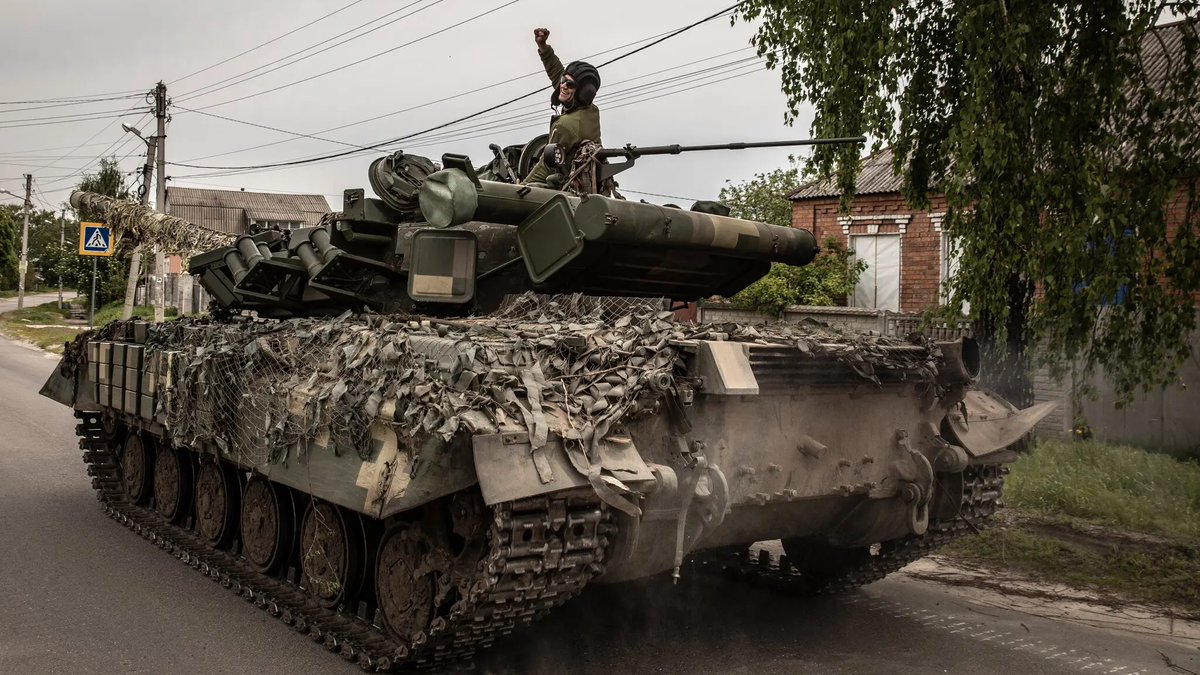
War is an incredibly destructive human endeavour. And despite their courage and resilience, the war in #Ukraine has been a violent tragedy for the people of Ukraine. But the war is also a learning opportunity for military institutions around the world. 1/25 
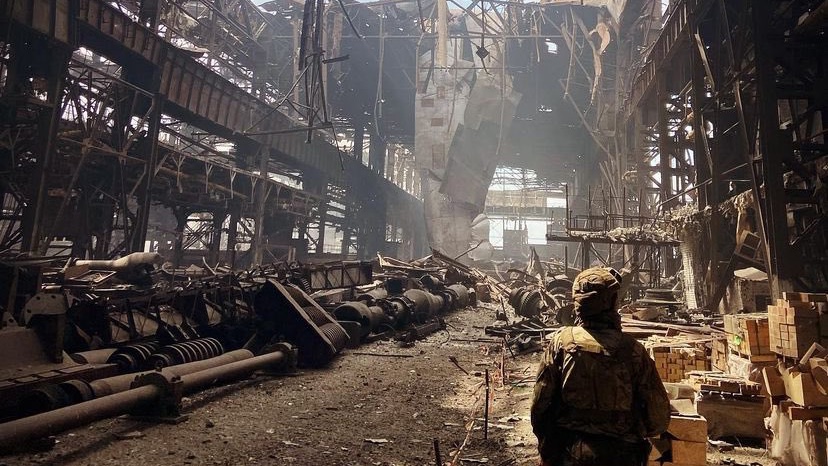
2/ In his book, “War: What Is It Good For?” Ian Morris argues that war throughout history has benefitted humans because it led to bigger, more complex societies, ruled by governments which then suppressed as much internal violence as possible.
3/ Clausewitz saw its ‘benefits’ in more simple terms – as an “act of violence intended to compel our opponent to fulfil our will.”
4/ This thread, however, is not a philosophical discussion about the benefits and tragedies of war. It is, instead, a pragmatic exploration of how national leaders, as well as contemporary military and national security institutions, can learn from them.
5/ There has been a profusion of articles in the last two months that propose lists of lessons from the Russo-Ukraine War. Some – from experts on war, the military, strategy and national security affairs - are well informed and cogently argued.
6/ Some, on the other hand, are biased, poorly structured or just plain wrong (or even weird). This includes premature declarations such as ‘the death of (insert your least favourite military equipment here)’. They provide nothing other than a guide for how not to think.
7/ But learning from war is a serious business that can have profound outcomes for military organisations in future conflicts. The lives of our future service personnel literally hang on how well we learn, and adapt, from our observations of current wars. 
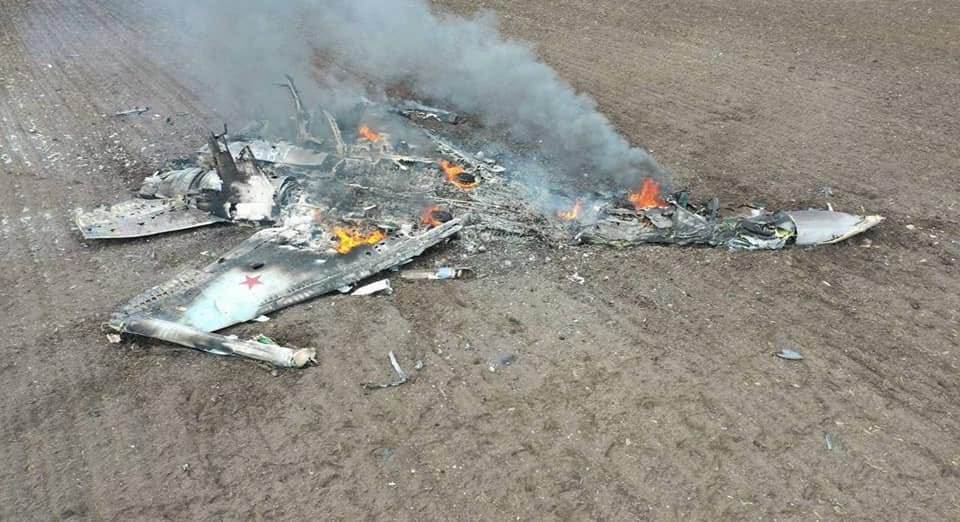
8/ Therefore, when examining how we can learn from the Russo-Ukraine War, there are few guidelines that are useful in a professional, strategic approach to #military learning and adaptation.
9/ First, have a clear rationale. Why look at lessons from war in general & this one in particular? The answer is the world is constantly changing. Rather than constantly making your own mistakes in adapting to change, a clever institution learns from the mistakes of others. 
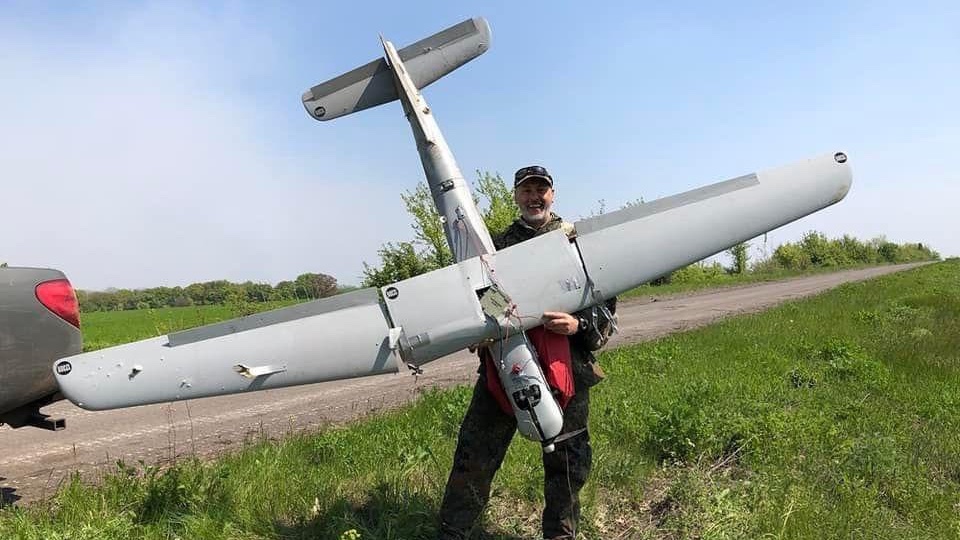
10/ This requires a military institution to have a learning culture. As I have explored previously in my threads, the Ukrainians have demonstrated a superior #learning culture in this war, and in its lead up. They learned from 2014, adapted and improved. 
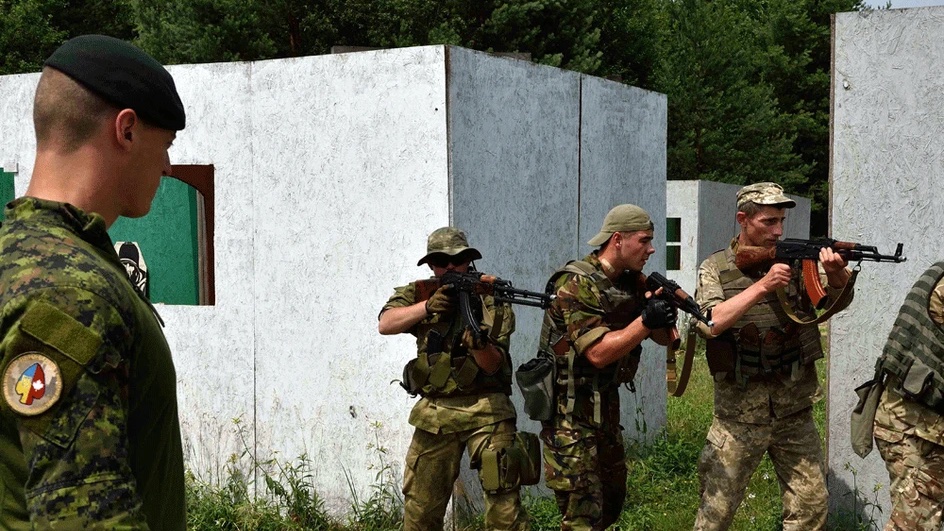
11/ The Russians, on the other hand, learned the wrong lessons from Syria and appeared to assume they would be fighting the same Ukrainian Army that existed in 2014. The Russian Army’s learning culture before the war was flawed. The learning in this war has been slow.
12/ As Barno & Bensahel argue, this is easier to talk about in principle than to achieve in practice. Bureaucratic resistance, battlefield friction & the enemy’s adaptations all make it harder. But it is possible to learn and change, as previous successful military forces show. 
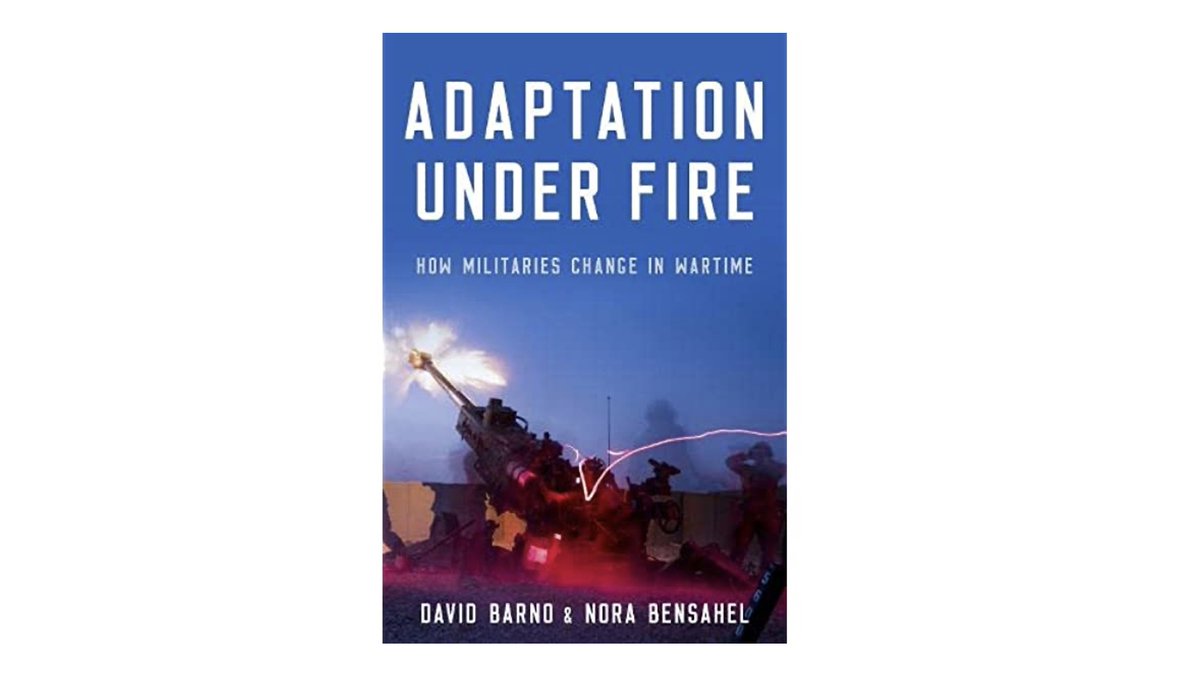
13/ A 2nd consideration in learning is to distinguish between lessons that are specific to this particular war, and those that are more general in nature. This is hard because it is only in retrospect such a judgement can generally be made.
14/ Consequently, at this point (and given our limited insights into Ukrainian military strategy & force generation), almost all our observations appear to have wider – or general – utility. These include leadership, combined arms, air-land integration, info war & logistics. 
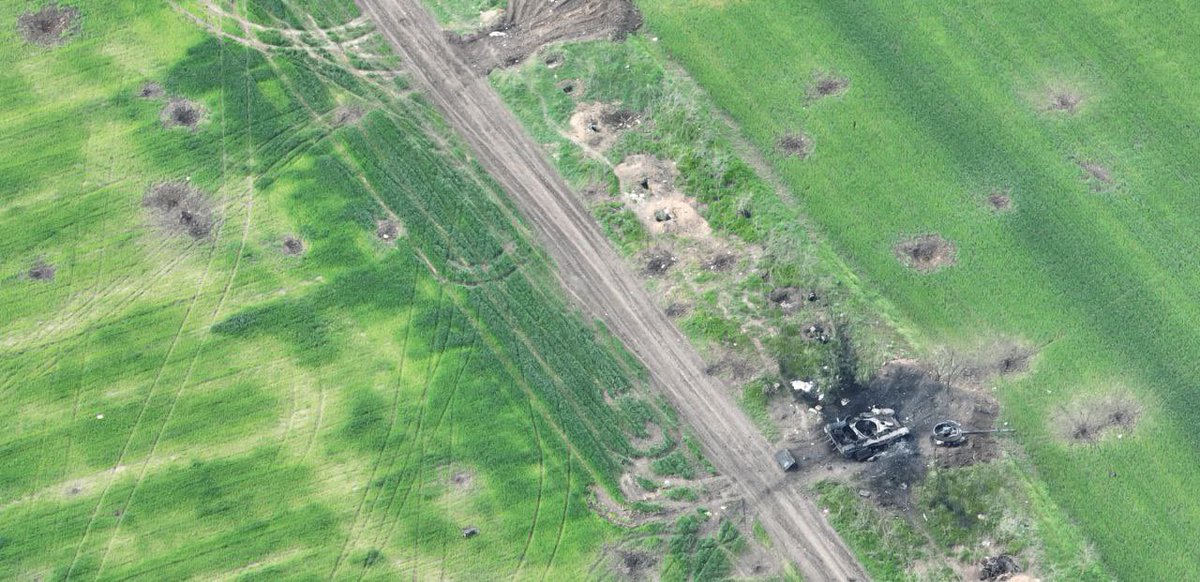
15/ A 3rd consideration is the level of lessons being observed. In their superb 1988 examination of learning and military effectiveness, Murray and Millet propose a four layered approach – political, strategic, operational, and tactical. 
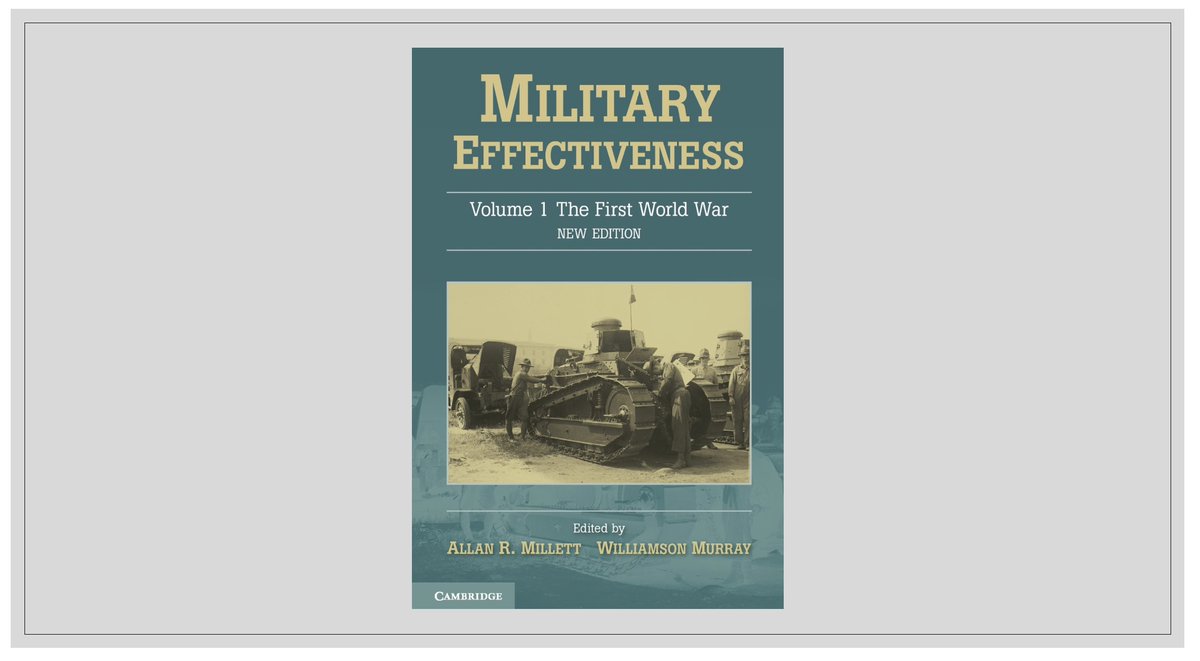
16/ In making the most of the opportunity to learn from the Russo-Ukrainian War, we will need to invest in each of these four levels to gain a full view of the war and understand how each level interacted with (and changed) activities in the other layers.
17/ A 4th consideration in learning from the war is that it provides the opportunity to identify both solutions (from either side) as well as future challenges for which there no current solutions.
18/ This is important. A strategic learning process emerging from this war must not only be about copying what the eventual victor did. We must look deeper for other challenges that aren’t obvious or that neither side may have produced a robust solution for.
19/ Finally, a 5th consideration is understanding the difference between ‘lessons’ and ‘lessons learned’. It is one matter to make observations. It is quite another to affect change in a military (or other government) institution based on those lessons.
20/ The US Army has good definitions for both. A lesson is “knowledge or understanding gained by experience. Successes and failures are both considered sources of lessons.”
21/ A lesson learned is “when you can measure a change in behaviour.” Read more on this particular consideration here: usacac.army.mil/sites/default/… 
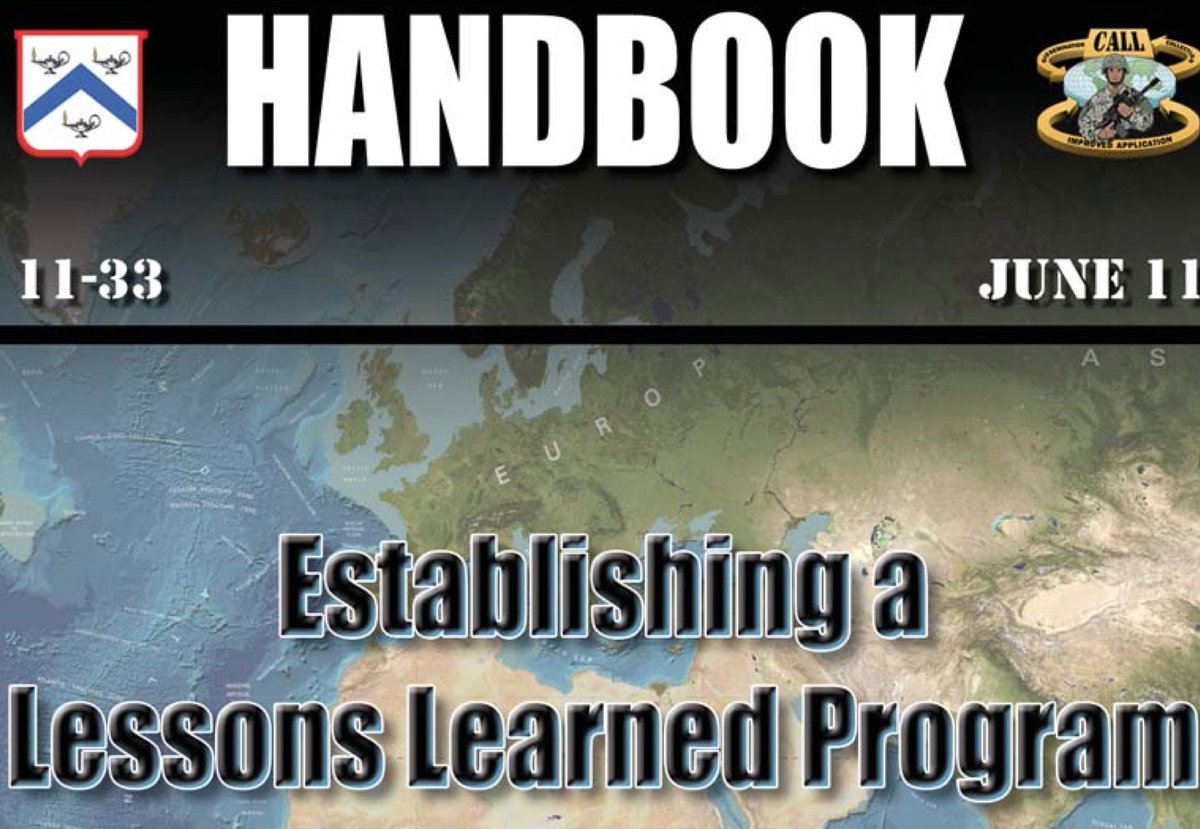
22/ In learning from this war, western military institutions will need to invest in – and apply – collection, analysis, dissemination, and adaptation processes. Importantly, as Don Starry described in ‘To Change an Army’, this requires #leadership from the top. 
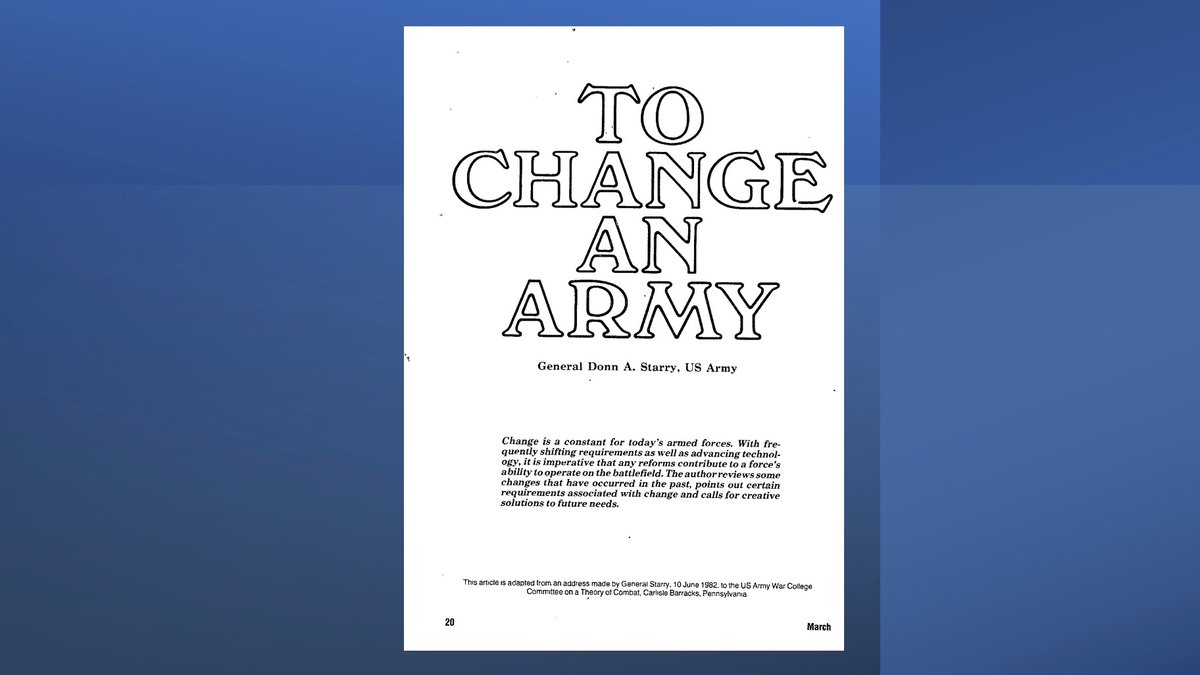
23/ These processes should be informed by examples of failed lessons processes – arguably the Russian lessons learned from Syria is a good exemplar. But there are other examples of failed reform processes based on a poor or corrupt lessons system. abc.net.au/news/2022-03-1…
24/ As this war continues, and both sides evolve based on battlefield learning and their interactions with each other, the opportunity for external observers to learn is profound. The smartest of contemporary military institutions will be watching and adapting. End. 
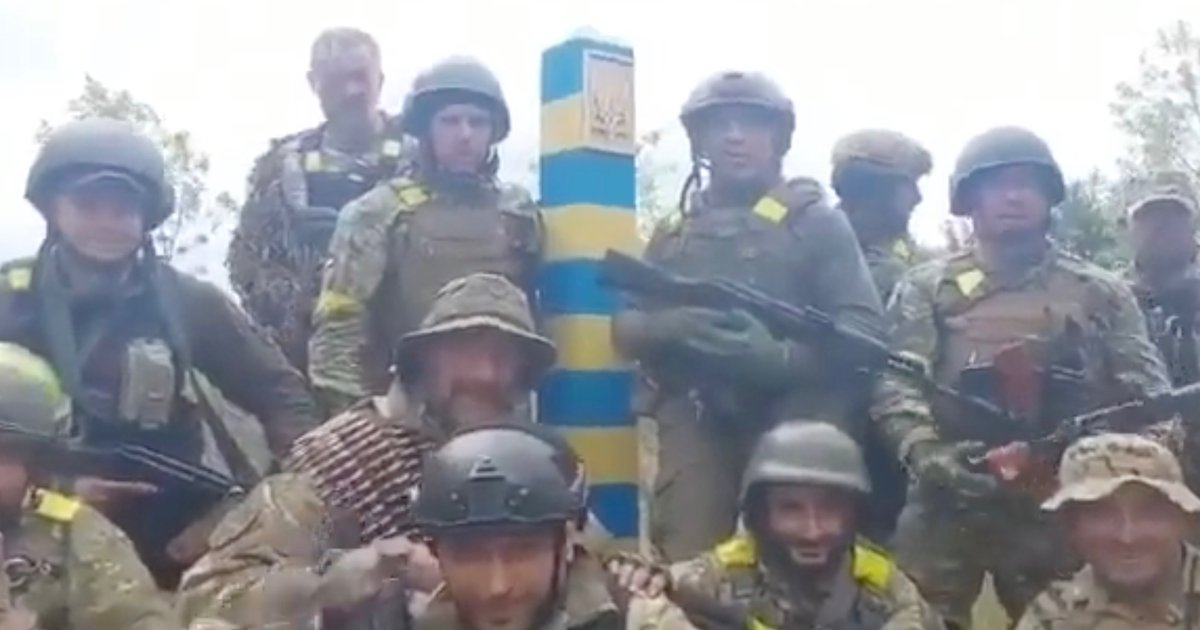
25/ Thanks to @IAPonomarenko @MarQs @UAweapons @Archer83Able @defenceHQ @RALee85 @HN_Schlottman @Blue_Sauron nytimes.com and nationalpost.com whose images I used in this thread.
• • •
Missing some Tweet in this thread? You can try to
force a refresh






